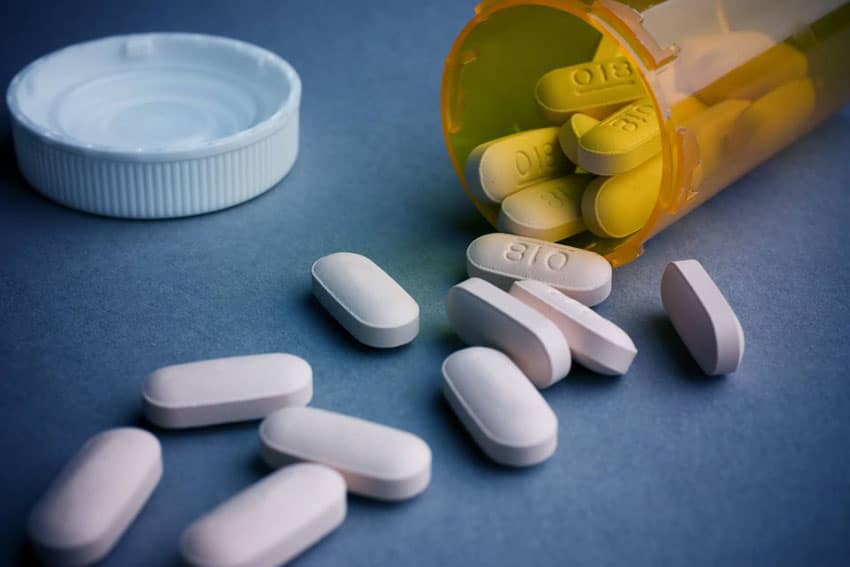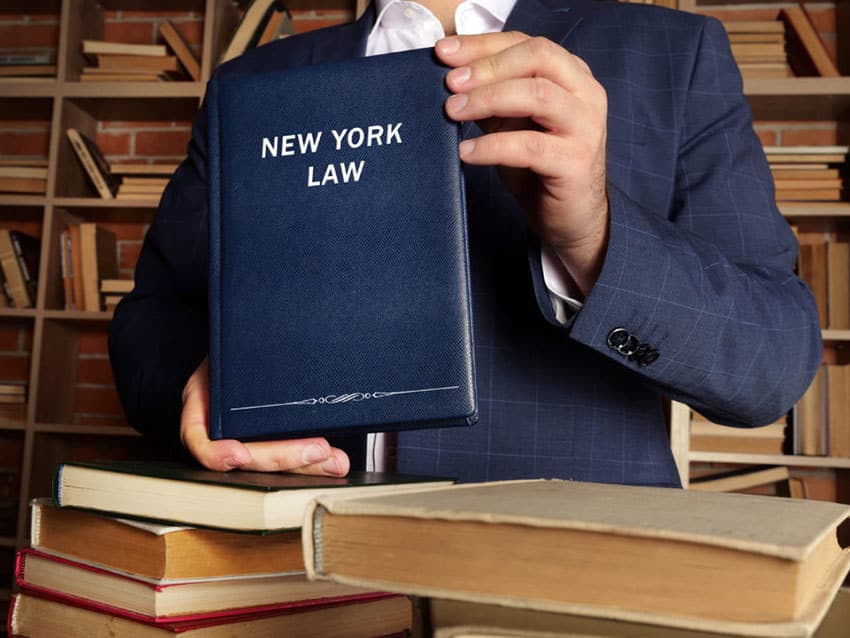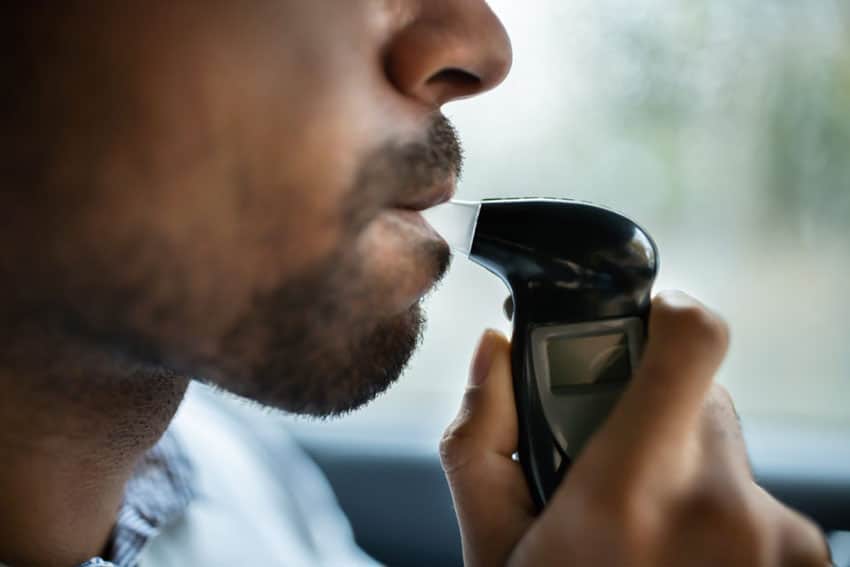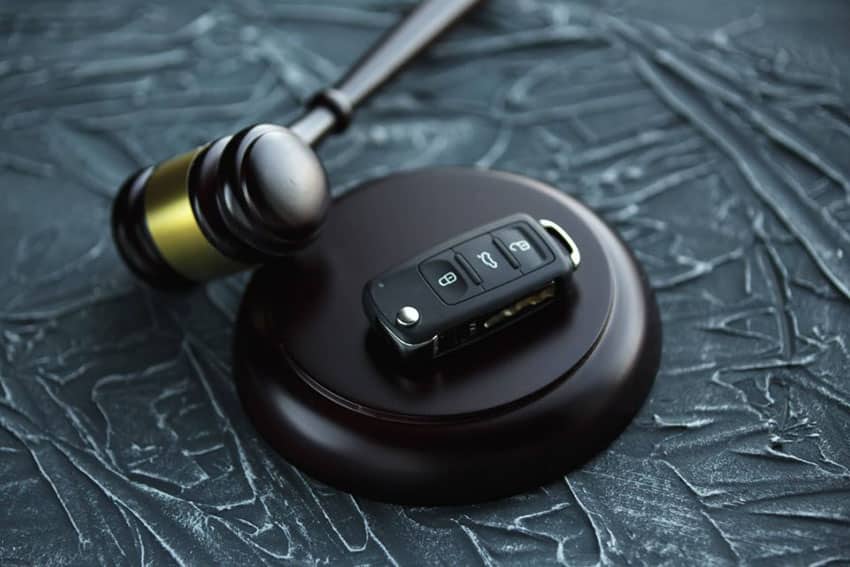The case of State of New Jersey v. Dennis Newell introduced the new DWI defense of pathological intoxication. In the case, Mr. Newell was convicted of DWI after falling asleep in his car after taking a large dose of Phenobarbital pills. Nr. Newell tried driving his car after taking the pills, had a car crash, and was later arrested for DWI. Mr. Newell claimed that his intoxicated state at the time of the arrest was due to “pathological intoxication” and this was a defense to the DWI charge.

Uses of pathological intoxication
In general, pathological intoxication may be used as a defense to a DWI when: (a) a driver does not know what they are doing by virtue of their intoxication; or (b) a driver is unable to recognize what they are doing, and they are unable to recognize what they are doing is wrong. The phrase “pathological intoxication” is usually thought to refer to intoxication that is grossly excessive in relation to the amount of intoxicant ingested and to which the accused is unaware they are susceptible. The New Jersey court in the Newell case rejected the pathological intoxication defense because it found that Mr. Newell knew that he was susceptible to the effects of the Phenobarbital and that he was aware of the nature and quality of his acts when he drove his car while intoxicated.
Special case
Another case where a DWI defendant tried to use this defense was reported by the news site, NJ.Com. The article discusses the case of Eugene Baum Jr., who was charged with aggravated manslaughter after he drove drunk and killed two teenage pedestrians in Kinnelon, New Jersey. Baum’s claim of pathological intoxication was based on the claim that Baum suffered from a form of chronic alcoholism over which he had no control and which rendered him oblivious to his actions. The article calls Baum’s alcoholism an “illness” and refers to his condition as a “medical condition of pathological intoxication.” Although Baum had been hospitalized three times before the April 2006 accident, the judge in the case subsequently ruled that Baum could not use the defense of pathological alcoholism because Baum did not prove that he did not know what he was doing on the day he was arrested.
Insanity Defense
Some defendants in DWI cases who have alcohol problems have also used the “insanity defense” in these cases. This defense is somewhat like the pathological intoxication defense. In State v. Chapman, the defendant in a DWI case successfully argued that his chronic alcohol abuse resulted from a form of mental disease that rendered him unable to resist drinking. In cases such as Chapman, intoxication may be considered a form of temporary insanity if it becomes pathological, meaning intoxication grossly excessive in degree, given the amount of the intoxicant to which the person is susceptible or long-term intoxication that causes permanent mental dysfunction. A DWI defendant’s habitual use of intoxicants can result in permanent mental disorder even when the defendant is not under the immediate influence of intoxicants. If the unsoundness of mind produced by a defendant’s long-term alcohol or drug abuse has become fixed or settled, the nearly universal rule is that the defendant may assert a traditional insanity defense.
To succeed with an alcohol-insanity defense, a DWI defendant’s intoxication must have caused the defendant to lack substantial capacity to appreciate the criminality of their conduct at the time of the act or allow them to conform their conduct to the requirements of the law.
Do you need a lawyer?
The attorneys at the law firm of DWI Team are experienced in handling DWI cases and will fight to help you obtain the best outcome possible. Contact us today to learn more.
DISCLAIMER: The exclusive purpose of this article is educational and it is not intended as either legal advice or a general solution to any specific legal problem. Statewide Defense with Corporate offices Central located for The DWI Team at 231 Walton Street, Syracuse, NY 13202; Telephone No.: 1-800-394-8326. Prior results do not guarantee a similar outcome.







